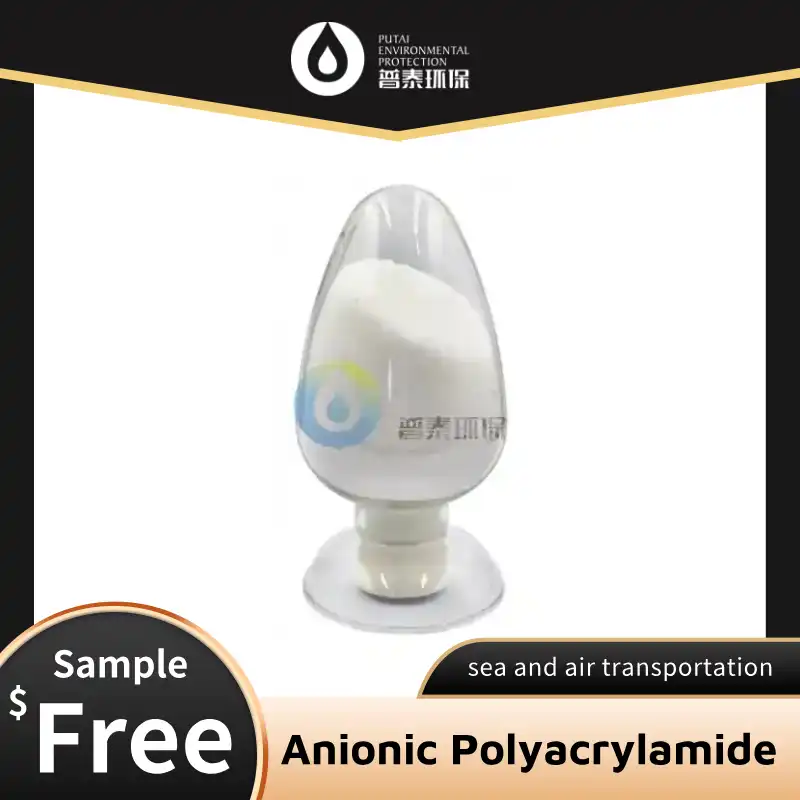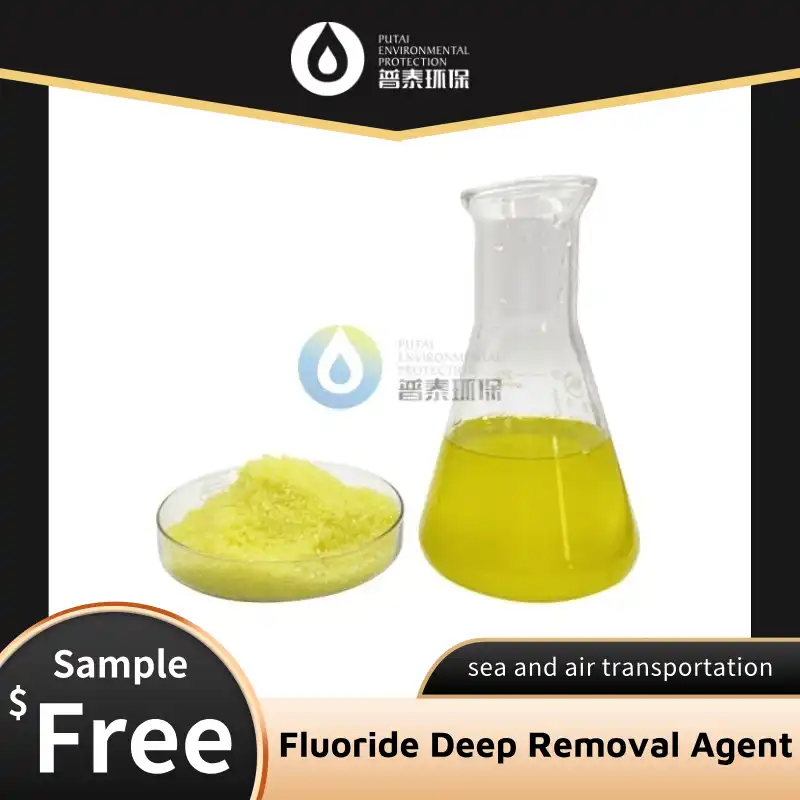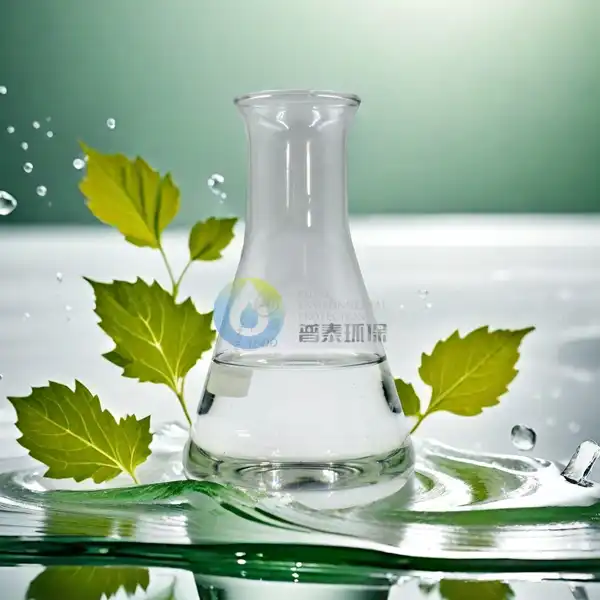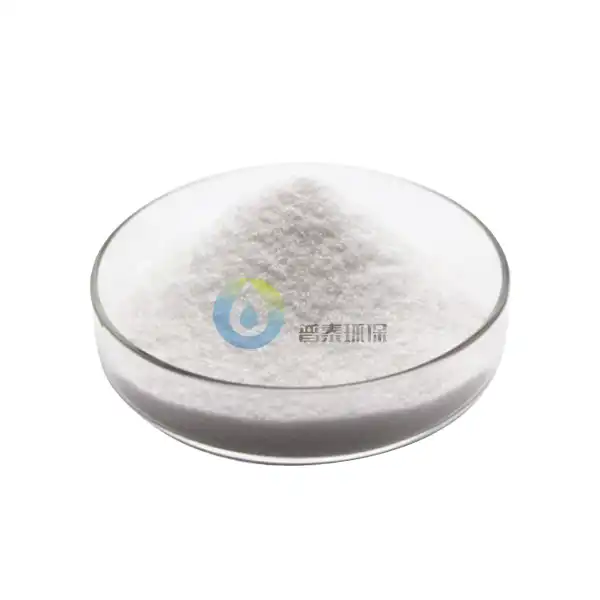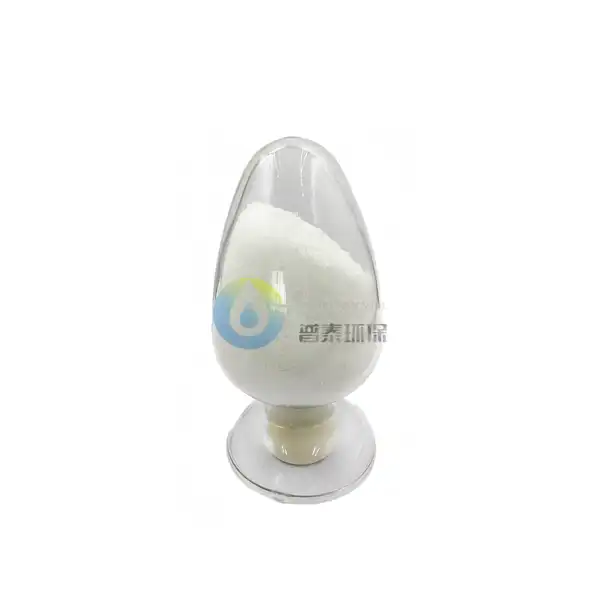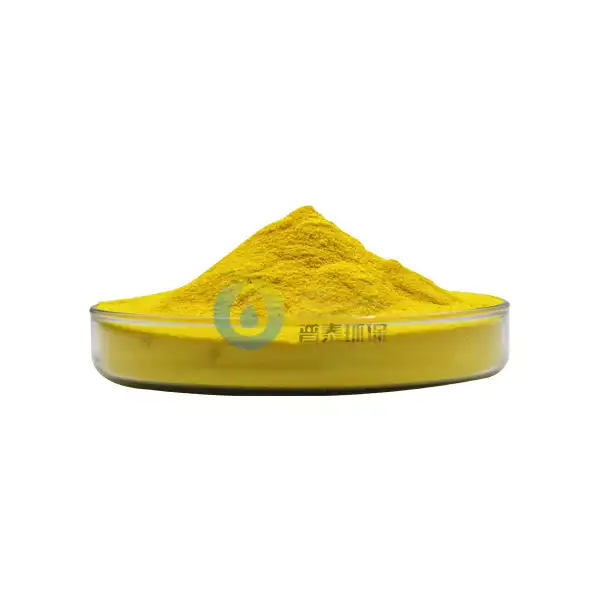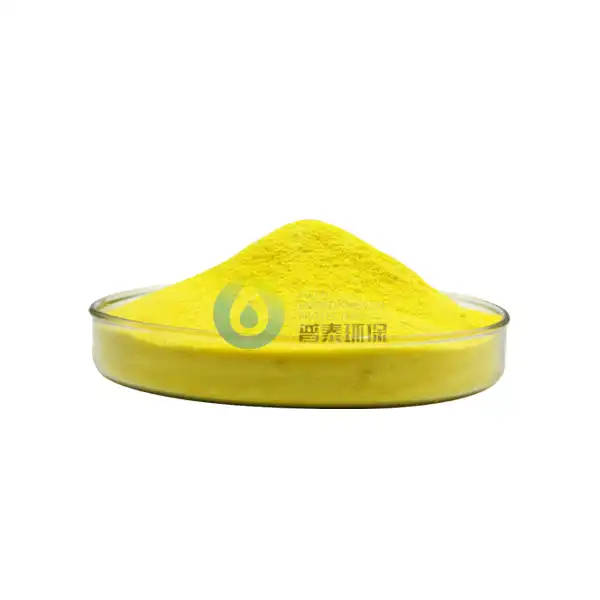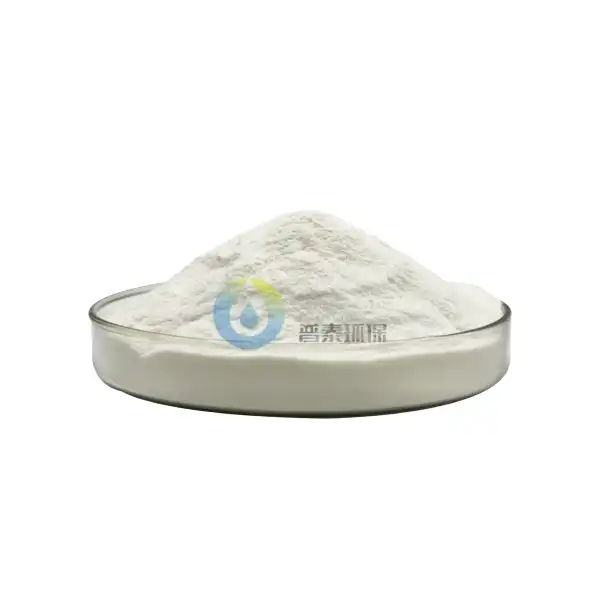How Does Industrial Grade PAC Improve Water Quality in Industrial Operations?
Industrial Grade Polyaluminum Chloride (PAC) has emerged as a revolutionary solution in water treatment processes across various industrial sectors. This advanced chemical compound plays a crucial role in enhancing water quality by effectively removing impurities, controlling turbidity, and managing pH levels in industrial water systems. As industries face increasingly stringent environmental regulations and the need for cost-effective water treatment solutions, PAC has become an indispensable tool in achieving optimal water quality standards while maintaining operational efficiency.

What makes Industrial Grade PAC more effective than traditional coagulants?
Industrial Grade PAC has distinguished itself from conventional coagulants through its superior performance characteristics and versatile application potential. At its core, PAC's effectiveness stems from its unique molecular structure, which features pre-hydrolyzed aluminum species that provide enhanced coagulation capabilities. Unlike traditional aluminum sulfate (alum) or ferric chloride, PAC demonstrates remarkable stability across a broader pH range and operates effectively even in cold water conditions. This adaptability is particularly valuable in industrial settings where water treatment requirements can vary significantly throughout the year.
The enhanced effectiveness of PAC can be attributed to its rapid floc formation mechanism. When introduced into water systems, PAC's pre-hydrolyzed aluminum ions immediately begin neutralizing charged particles, leading to faster and more efficient particle aggregation. This accelerated process results in the formation of larger, more stable flocs that settle more quickly than those produced by traditional coagulants. The improved settling characteristics translate to reduced sedimentation time and lower sludge volume, ultimately contributing to more efficient plant operations and reduced waste management costs.
Moreover, PAC's superior performance extends to its ability to handle high organic loads and variable influent quality. In industrial applications where water quality can fluctuate dramatically, PAC maintains consistent performance without requiring frequent dosage adjustments. This stability not only enhances operational efficiency but also reduces the need for continuous monitoring and adjustment of treatment parameters. The compound's effectiveness in removing both dissolved and suspended solids, coupled with its ability to work synergistically with other treatment chemicals, makes it an invaluable tool in modern industrial water treatment systems.
How can Industrial Grade PAC optimize wastewater treatment processes?
The optimization of wastewater treatment processes through Industrial Grade PAC implementation represents a significant advancement in environmental protection and resource conservation. PAC's role in wastewater treatment extends beyond simple clarification, encompassing a comprehensive approach to contaminant removal and process efficiency enhancement. The compound's versatility in treating various types of industrial wastewater, from high-turbidity manufacturing effluents to complex chemical processing waste streams, demonstrates its fundamental importance in modern wastewater management systems.
One of the key advantages of PAC in wastewater treatment is its ability to simultaneously address multiple water quality parameters. The compound effectively removes suspended solids, reduces chemical oxygen demand (COD), and eliminates color and odor-causing compounds in a single treatment step. This multi-functional capability significantly streamlines the treatment process, reducing the need for multiple treatment stages and associated equipment. Furthermore, PAC's rapid reaction kinetics allow for shorter retention times in treatment basins, enabling higher throughput rates and improved facility capacity utilization.
The optimization potential of PAC extends to its impact on downstream processes. By producing more compact and stable sludge, PAC reduces the burden on dewatering equipment and minimizes the volume of waste requiring disposal. The improved sludge characteristics also facilitate better filtration efficiency and reduced backwash frequency in filtration systems. Additionally, PAC's effectiveness in removing phosphorous and other nutrients helps facilities meet increasingly stringent discharge regulations while potentially enabling water reuse opportunities within the industrial process.
The compound's ability to perform effectively across varying temperature and pH conditions makes it particularly valuable in industrial settings where process conditions may fluctuate. This operational flexibility, combined with its lower dosage requirements compared to traditional coagulants, results in reduced chemical handling and storage needs, ultimately leading to improved safety profiles and reduced operational costs.
What are the cost-benefit advantages of using Industrial Grade PAC for water treatment?
The economic implications of implementing Industrial Grade PAC in water treatment systems extend far beyond the initial chemical costs, encompassing a wide range of operational and maintenance benefits that contribute to significant long-term cost savings. Understanding these advantages requires a comprehensive analysis of both direct and indirect cost factors, including chemical usage efficiency, equipment maintenance requirements, operational labor needs, and environmental compliance costs.
From a direct cost perspective, although the unit price of PAC may be higher than traditional coagulants, its superior performance characteristics often result in lower overall treatment costs. The higher charge density and pre-hydrolyzed nature of PAC allow for lower dosage requirements, typically reducing chemical consumption by 25-40% compared to conventional alternatives. This reduction in chemical usage not only decreases direct material costs but also minimizes storage requirements and handling expenses. Additionally, the improved floc formation and settling characteristics of PAC reduce the need for polymer addition in many applications, further contributing to chemical cost savings.
The operational benefits of PAC translate into substantial indirect cost savings through improved system efficiency and reduced maintenance requirements. The formation of more stable and readily settleable flocs reduces the load on clarification equipment, extending the life of filtration media and decreasing the frequency of backwashing operations. This improved operational efficiency results in reduced energy consumption, lower labor requirements for system monitoring and maintenance, and decreased water usage for backwashing purposes. Furthermore, the reduced sludge volume generated by PAC treatment systems leads to lower disposal costs and simplified sludge handling procedures.
Environmental compliance is another significant area in which PAC demonstrates clear cost advantages. The superior contaminant removal efficiency of PAC helps facilities consistently meet or exceed regulatory requirements without the need for additional treatment steps or system modifications. This reliable performance reduces the risk of non-compliance penalties and eliminates the need for costly emergency treatment measures. Moreover, the improved water quality achieved through Industrial Grade PAC treatment often enables increased water recycling and reuse opportunities, leading to reduced freshwater consumption and associated cost savings.
Xi'an Putai Environmental Protection Co., Ltd. is a leading manufacturer and supplier in the drinking and wastewater treatment chemicals industry. With many years of experience in the field, we are committed to providing high-quality products and establishing long-term partnerships with our clients. Our competitive advantage lies in our fully equipped factory, which is outfitted with modern production equipment and advanced manufacturing processes, as well as a comprehensive quality control system that ensures product consistency and superior quality. Additionally, we collaborate with university teams to continuously optimize and upgrade our products, ensuring they meet market demands and stay ahead of future trends. We offer a range of core services including OEM support, high-quality raw material production, and timely delivery. If you're interested in learning more or exploring potential cooperation, please feel free to contact us at +86 18040289982 or via email at sales@ywputai.com. We look forward to the opportunity to work with you.
References:
1. Water Research Foundation. (2023). "Advanced Coagulation Technologies in Industrial Water Treatment."
2. Journal of Environmental Management. (2023). "Comparative Analysis of Modern Coagulants in Industrial Applications."
3. Industrial Water Quality. (2022). "Cost-Benefit Analysis of PAC Implementation in Manufacturing Processes."
4. Environmental Science & Technology. (2023). "Evolution of Water Treatment Technologies in Industrial Settings."
5. Water Environment Federation. (2023). "Best Practices in Industrial Wastewater Treatment."
6. American Water Works Association. (2022). "Industrial Water Treatment: Principles and Applications."
7. Chemical Engineering Journal. (2023). "Performance Evaluation of Polyaluminum Chloride in Various Industrial Applications."
8. Journal of Water Process Engineering. (2023). "Economic Assessment of Modern Coagulants in Industry."
9. Environmental Technology & Innovation. (2022). "Advances in Industrial Water Treatment Methods."
10. International Journal of Environmental Research. (2023). "Optimization Strategies for Industrial Water Treatment Systems."

